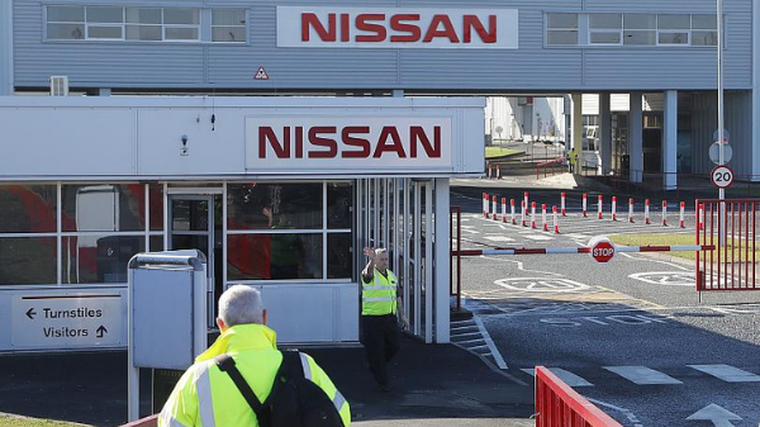Japan and Brits strike deal

The UK has secured its first big post-Brexit trade deal by reaching an agreement with Japan as it struggles to agree on a way forward with its trading partners in the European Union.
Since formally leaving the EU in January, the UK has focused on negotiating trade deals with countries around the world although experts say they are unlikely to replace exports lost to the EU if a deal cannot be reached with Brussels.
The deal had been widely seen as one the easiest within reach for London, based largely on the EU-Japan agreement which covers Britain until the end of December when a Brexit transition period ends. Other negotiations, especially with the US, have progressed more slowly.
Japan’s Foreign Minister, Toshimitsu Motegi, says the talks had been difficult “but we managed to reach an agreement in principle with extraordinary speed – just three months”.
He adds Japan is aiming for the deal, which was reached on September 11 and will would help Japanese manufacturers of train equipment and car components, to come into force on January 1.
British trade minister Liz Truss says: “The agreement we have negotiated – in record time and in challenging circumstances – goes far beyond the existing EU deal as it secures new wins for British businesses in our great manufacturing, food and drink, and tech industries.”
Japan has used Britain as a pro-business gateway into the rest of the EU, but some Japanese politicians have expressed concerns that a so-called no-deal Brexit might affect this.
The UK says the deal means 99 per cent of its exports to Japan will be tariff-free and that it could increase trade by £15.2 billion – or about NZ$29.2b – in the long run, compared with 2018.
Total trade between Japan and the UK was worth about £29b pounds in 2018, eclipsed by nearly £700b of exports and imports between Britain and the EU.
Big Japanese investors in the UK, such as Nissan (its factory in Sunderland is pictured above) and Hitachi, will benefit from reduced tariffs on parts, and the deal removes Britain’s tariffs on Japanese cars in stages to zero in 2026, which is the same as in the Japan-EU trade agreement. The issue of motor vehicles was one of Japan’s main interests.
In essence, in a world where production is carried out across borders – such as in car manufacturing and electronics sectors – Japan has agreed to count products with a significant amount of EU components as a UK export.
While these measures should ensure the continuity of UK exports to Japan, fundamentally, the UK may still lose a lot of Japanese production where companies were using the country as a hub to export into the EU single market.
For the likes of car manufacturers, such as Nissan and Honda, this remains “a major change” because they invested in the UK with the idea that they would be selling seamlessly to the EU single market.
The Japan Automobile Manufacturers Association (JAMA) has welcomed the agreement and predicts it will strengthen the “close and mutually beneficial trade, technology and investment relations which Japan and the UK have enjoyed for over 40 years”.





